jward
passin' thru

Israel Radar
@IsraelRadar_com
5h
Iran likely gave Hezbollah green light to take military action against Israel, defense journalist @noamamir74 says. Very tense weeks ahead on Lebanon front...


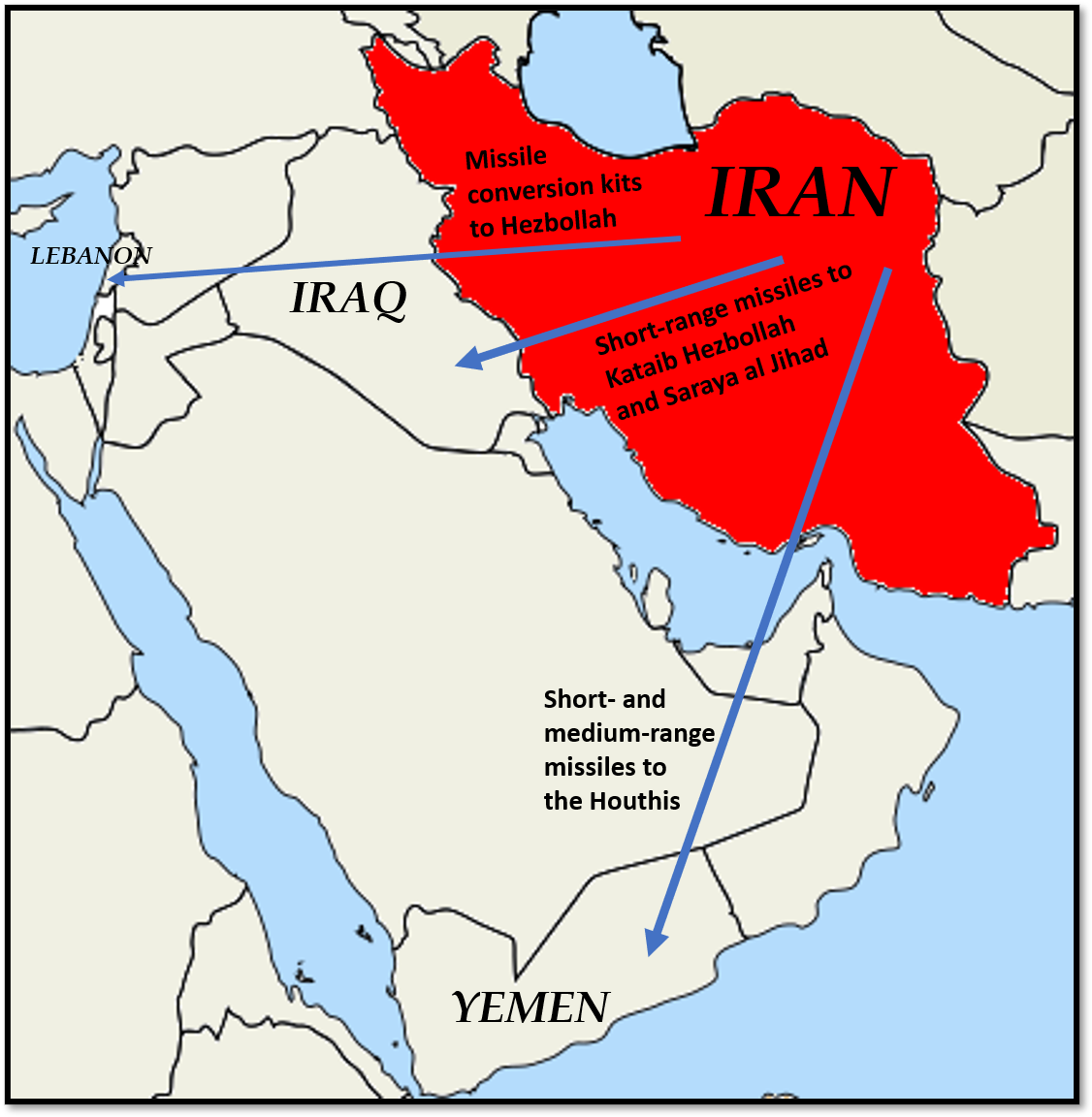
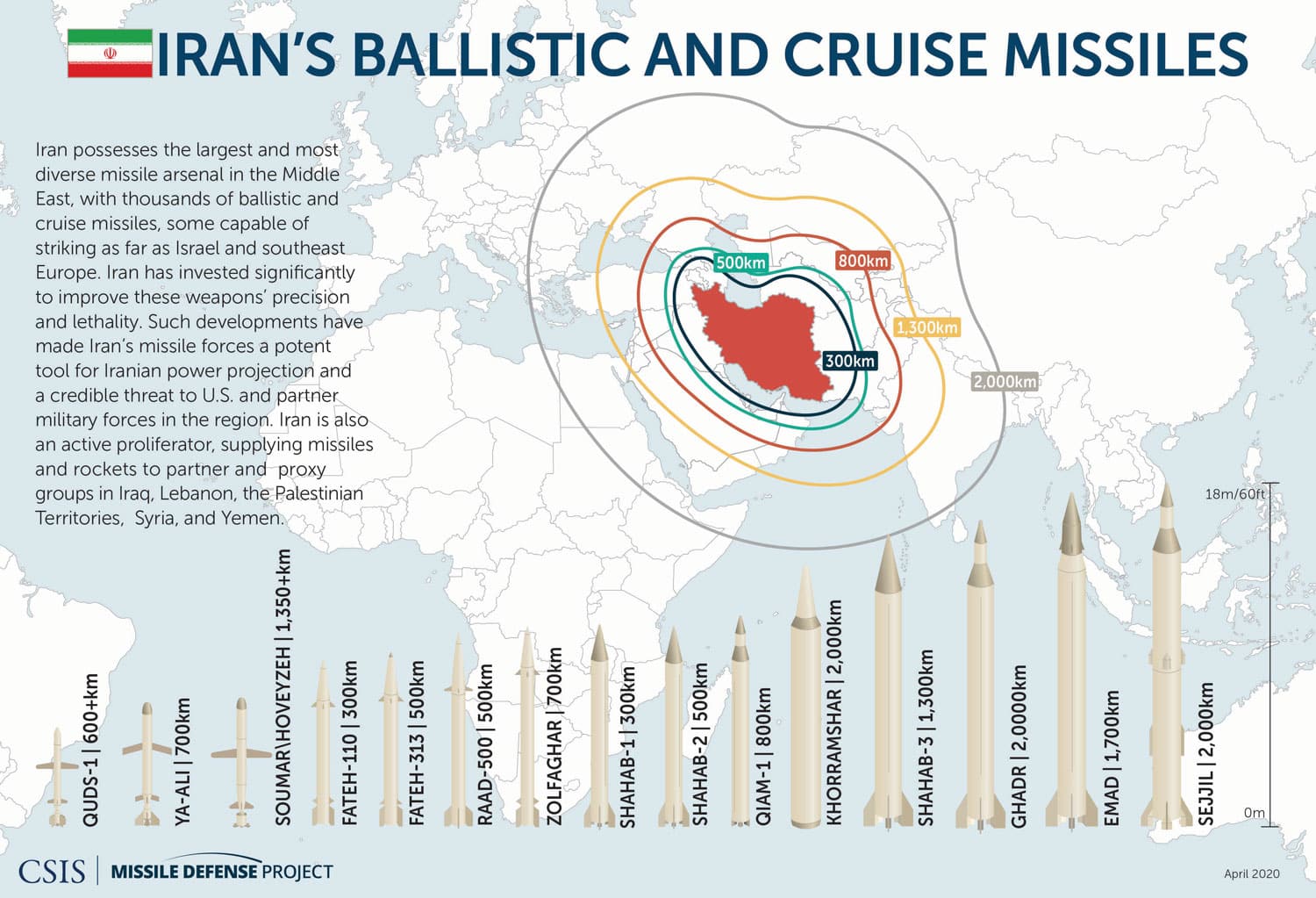
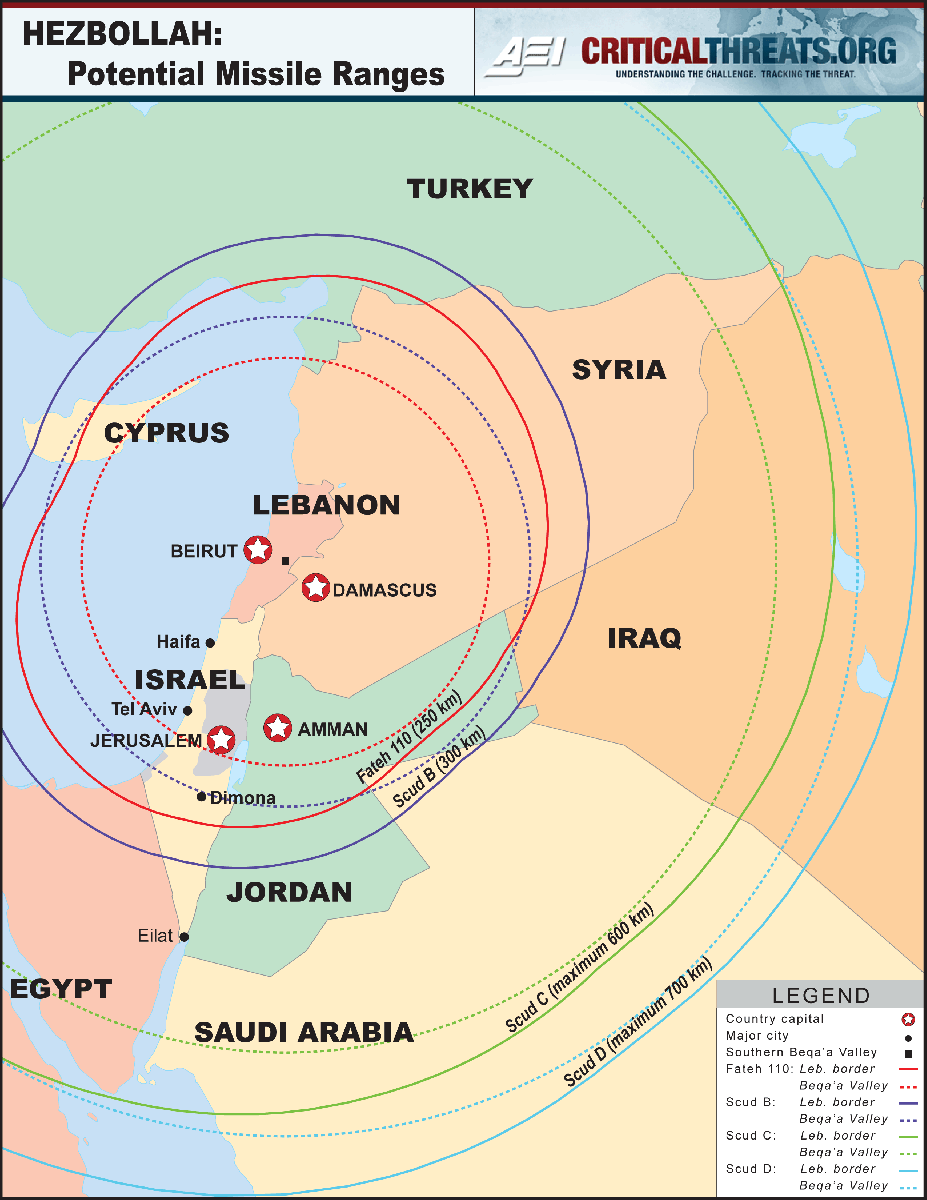
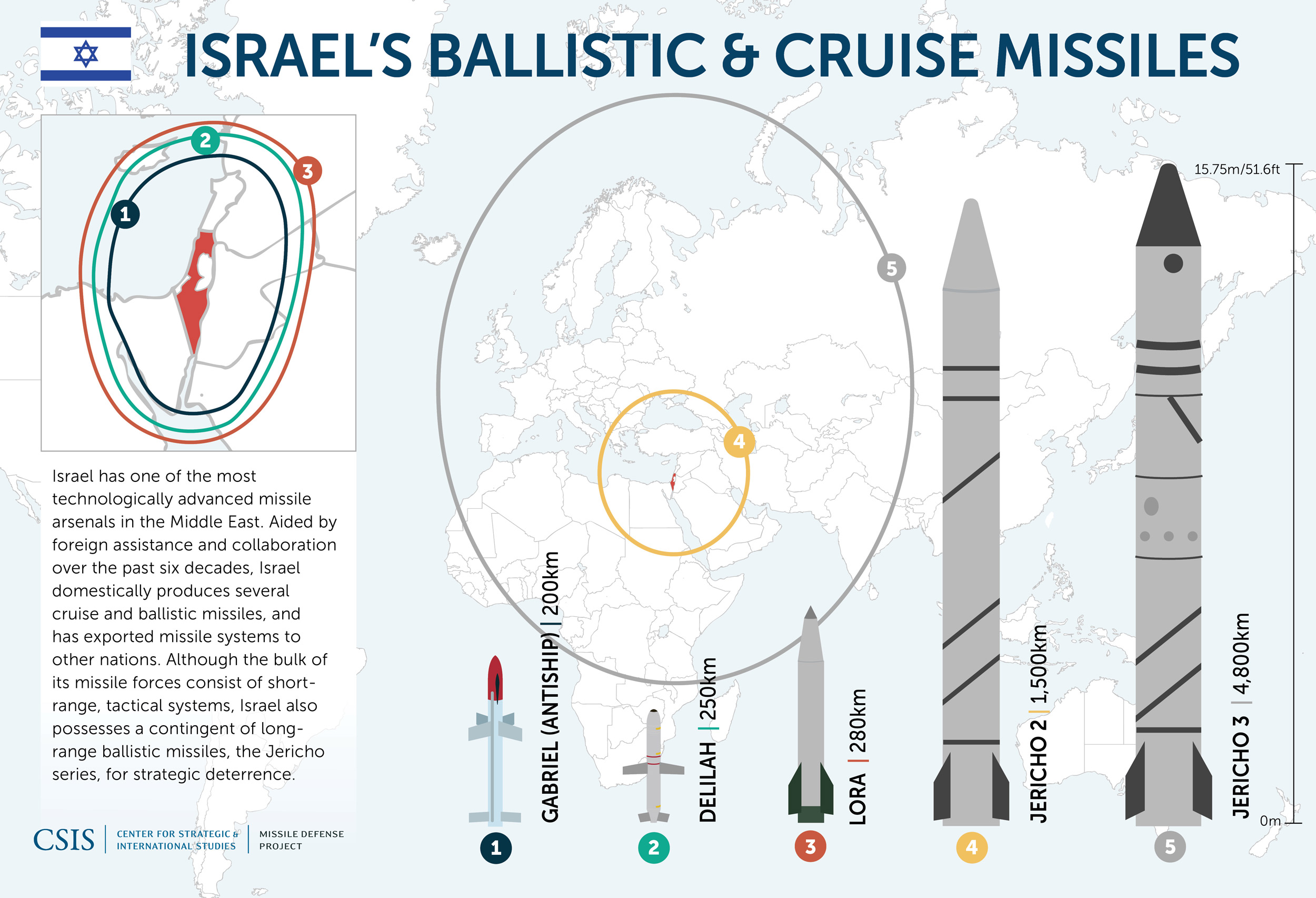


Walid Phares
@WalidPhares
#Iran to Washington: either you accept my conditions and remove the sanctions asap... Or your ally #Israel will be dealing with an extensive war in #Gaza. Wanna deal?

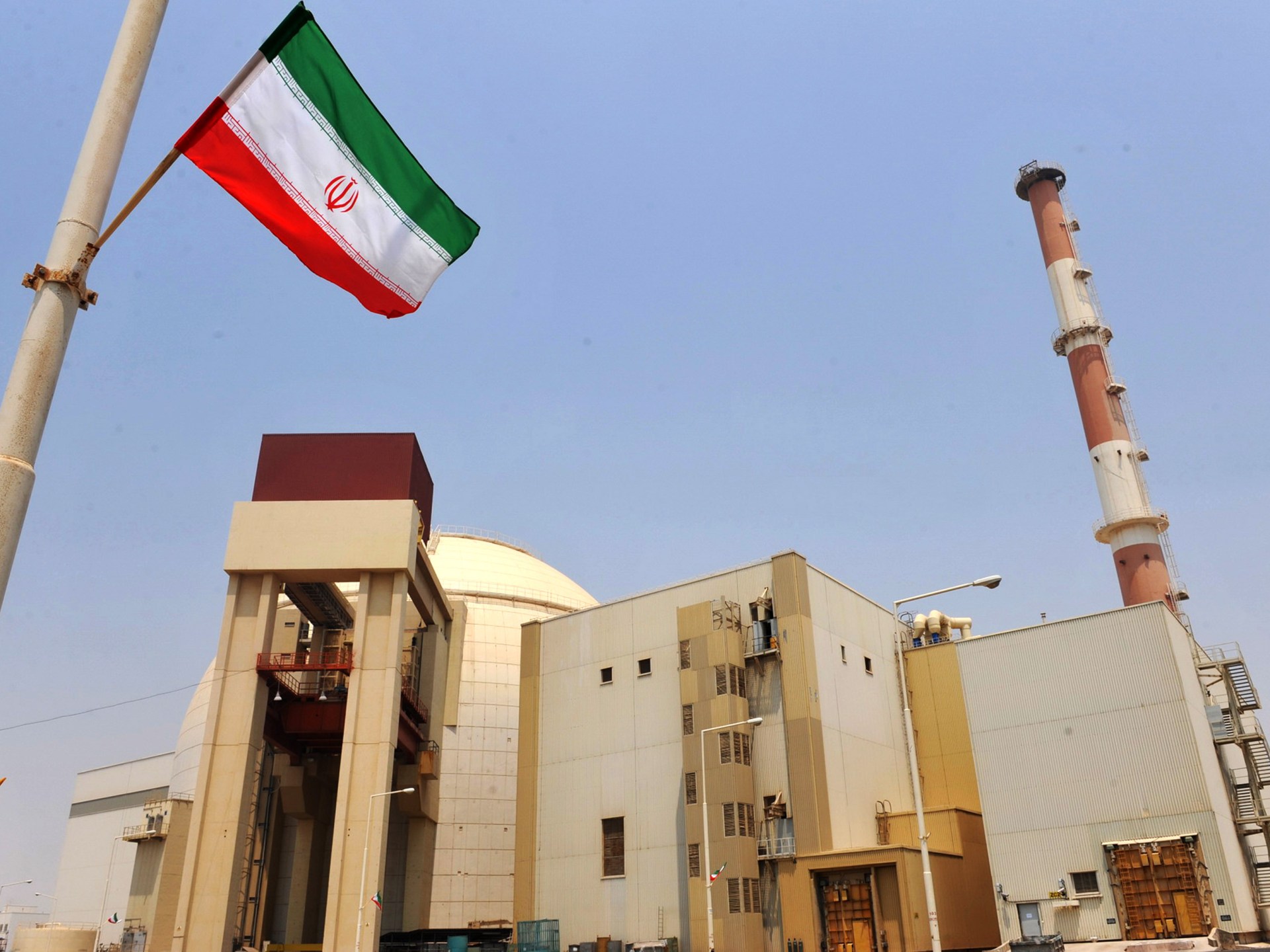
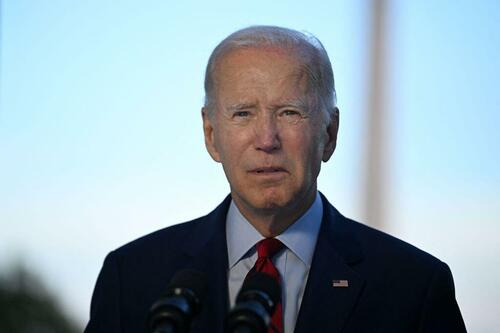
"This is a dangerous development. The issue is not whether the agreement is signed or not. This is no longer important. The issue is that the Biden administration made its choice between Iran and the Arab countries in this way. The matter is not limited to these concessions made by Biden; there is something more dangerous than this: Biden has completely abandoned the Arabs, allies and non-allies alike."
Kheirallah wrote that Iran has been working to escalate tensions in the Arab countries it occupies: Iraq, Syria, Yemen and Lebanon."This was evident when Iran recently started firing long-range missiles and drones from Yemen towards Saudi Arabia and the United Arab Emirates. There is an American and Iranian tendency to conclude a deal that would provide Iran with much-needed funds.
"Are they preparing for new rounds of fighting, or is their goal limited to threatening neighboring countries, primarily the Kingdom of Saudi Arabia? The US has failed to reassure its [Arab] allies in the region. When viewing the chronology events in the region since Biden entered the White House, it becomes clear that we are facing a confused administration that could not take any initiative. In light of the lack of confidence [in the Biden administration], a US-Iranian deal will raise all kinds of fears in the absence of any answer to an obvious question: What is the US position on Iran's behavior outside its borders and its missile program and drones?"
"In Lebanon, Iran is flexing its muscles through Hezbollah, which asserts daily that it is the ruling party. In Iraq, Iran refuses to admit that it is rejected by the majority of the Iraqi people, who expressed this in the last legislative elections. Iran refuses to acknowledge the defeat of its supporters in these elections. We see it currently seeking to overturn the results of those elections, starting with disrupting the formation of a new government and political life in the entire country. In Syria, Iran, in light of Russia's preoccupation with the Ukrainian war, has become the number one player in that country. This includes southern Syria, where it is expanding daily and increasing its smuggling activity to Jordan and across it to the Arab Gulf states. But the place where Iran is most active than anywhere else is Yemen. It took advantage of the truce announced last April in order to recruit more fighters. The Houthis, and behind them Iran, are encouraged by the American fluidity in dealing with them. Unfortunately, there is no American administration capable of understanding the meaning and repercussions of the presence of an Iranian entity in the Arabian Peninsula. Iran escalates everywhere it considers itself present through its militias. There is a question that will arise soon: Will the US administration facilitate this escalation through a deal it concludes with the Islamic Republic that provides it with large financial resources? To put it more clearly, does America consider itself concerned with the security of its allies in the region, or should these people manage their own affairs in the way they see fit?"
"The Democratic administration, whether under former president Barack Obama, or the current president, Joe Biden, adopts the method of diplomatic dealing with Iran and engaging in negotiations with it in order to stop its attempts to build a nuclear bomb, instead of the policy of maximum pressure adopted by the previous Republican administration... Just as the policy of maximum pressure has failed to dissuade Iran from its relentless pursuit of developing its nuclear program, so as to enable it to manufacture a nuclear bomb, the policy of negotiation and diplomacy pursued by the Biden administration has also failed so far to bring Iran back to the nuclear agreement."
"The Iranian economic situation is constantly getting worse, due to the US sanctions imposed by the administration of former President Trump, which President Biden has maintained, and despite that, Iran still considers interference in the affairs of other countries in the region as one of its top priorities. Iranian interference in the affairs of neighboring countries greatly increased after 2015, the year of the nuclear agreement. While the countries of the world are trying to solve their economic problems, reduce the rate of inflation and unemployment and find alternative sources of energy, Iran is ignoring the suffering of its people and their difficult economic conditions, and is trying to exploit the current international conditions to develop its military capabilities, nuclear and conventional, and its ballistic missiles, for the sake of regional hegemony."
"The most striking thing about the ongoing international negotiations with the Iranian regime regarding its suspicious nuclear program is that the international community has become confident and certain that this regime is lying and engaged in all forms of deception to achieve its goals without meeting international demands... The Iranian regime has engaged in a lot of rhetoric and various childish actions in the ways and methods that it used in the nuclear talks, especially by putting forward demands unrelated to the talks in return for its efforts to remove its terrorist Revolutionary Guard Corps from the list of terrorist organizations. Anyone who relies on the Iranian regime is engaged in self-deception. Western countries have completed more than three decades of practicing the policy of appeasement and alignment with the Iranian regime and provided it with many privileges without getting anything in return. The international community should know that this regime can never abide by any agreement, especially if it is not in its interest and affects its own plans. With or without a nuclear agreement, Iran will not give up its efforts to produce and manufacture the atomic bomb. Confidence in the Iranian regime is a big mistake that must be avoided."

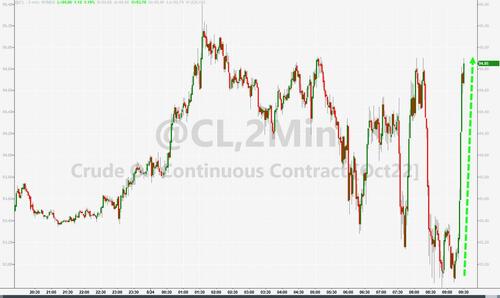
And of course, some US allies like Israel and Saudi Arabia are hoping talks will ultimately fail and be cut off completely. As The Wall Street Journal emphasized Wednesday:#BREAKING The Europeans are in contact with the parties to the Iran nuclear agreement to hold a new round of talks after receiving the US response, Al-Arabiya reports.
— Iran International English (@IranIntl_En) August 24, 2022
As Washington and Tehran edge closer to restoring the nuclear deal, Israeli Prime Minister Yair Lapid on Wednesday slammed the agreement being negotiated, saying it wouldn’t stop Iran developing a nuclear weapon and would hand Tehran a significant financial boon.
developing...A new nuclear deal between world powers and #Iran would allow other nations to avoid sanctions and give Teheran $100 billion a year to destabilise the Middle East, #Israel's Prime Minister Yair Lapid said on Wednesday.Israel: Nuclear deal would give Iran $100 billion to destabilise region
— Jason Brodsky (@JasonMBrodsky) August 24, 2022





/cloudfront-us-east-2.images.arcpublishing.com/reuters/AYRZJGJ2QVNVFO53UCIE2CJRBE.jpg)


